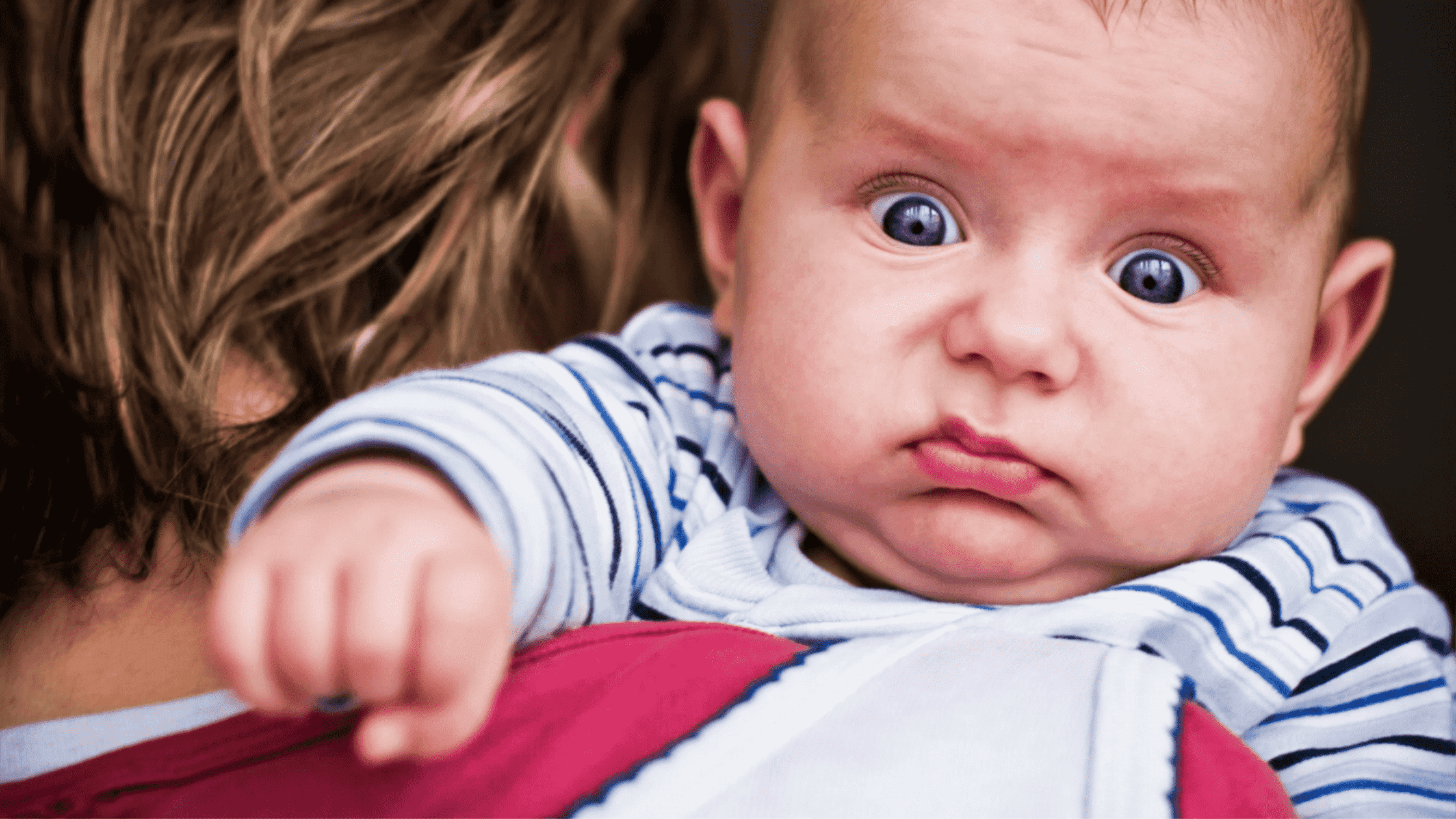
Baby Diarrhea: Causes, Treatment, and When to Seek Medical Attention
🍼 OBF24™ BLOG
Diarrhea is a common problem that affects babies and young children. It is a condition where the child passes watery and loose stools frequently, sometimes accompanied by vomiting. While it can be a worrying situation for parents, most cases of diarrhea are not serious and can be treated at home. In this blog, we'll discuss the causes of diarrhea in babies and some remedies to help alleviate the symptoms.
Causes of Diarrhea in Babies
There are several causes of diarrhea in babies, including:
Viral Infections: The most common cause of diarrhea in babies is viral infections. The most common viruses that cause diarrhea in infants include rotavirus, adenovirus, and norovirus.
Bacterial Infections: Bacteria such as Salmonella, Shigella, and Escherichia coli can also cause diarrhea in babies.
Food Sensitivities: Certain foods such as lactose or gluten can cause diarrhea in babies who have a sensitivity or intolerance to them.
Antibiotics: Antibiotics can sometimes disrupt the balance of bacteria in the gut, leading to diarrhea.
Teething: Some babies experience diarrhea during teething as a result of increased drooling and putting objects in their mouth.
Remedies for Diarrhea in Babies
Breast Milk or Formula: Continue to breastfeed or formula-feed your baby as usual. Breast milk or formula provides the necessary nutrients and fluids to help your baby recover from diarrhea.
Oral Rehydration Solution (ORS): If your baby has frequent loose stools or is vomiting, they may be at risk of dehydration. ORS is a solution that contains water, salt, and sugar and helps replace the fluids lost during diarrhea. You can buy ORS from your local pharmacy or make your own by mixing 1 liter of boiled and cooled water with 6 teaspoons of sugar and 1/2 teaspoon of salt.
Probiotics: Probiotics are beneficial bacteria that help restore the balance of good bacteria in the gut. You can give your baby probiotics in the form of drops or powders that can be added to breast milk or formula.
Avoid Certain Foods: If you suspect that your baby has a food sensitivity, avoid giving them foods that may trigger diarrhea. Common culprits include dairy products, wheat, and high-fiber foods.
Good Hygiene: To prevent the spread of infection, wash your hands frequently and keep your baby's toys and surfaces clean.
When to seek Medical Attention
While most cases of diarrhea in babies are not serious, there are situations where you should seek medical attention. You should contact your healthcare provider if:
Your baby is younger than 6 months old and has diarrhea
Your baby has diarrhea for more than 24 hours
Your baby has signs of dehydration, such as dry mouth, fewer wet diapers, and sunken eyes
Your baby has a fever higher than 101 degrees Fahrenheit
Your baby has blood in their stool
The Takeaway
Diarrhea and other stomach hiccups — like gassiness — are common in babies. Though baby diarrhea can be a pain for you and your little one, it usually goes away on its own. Most causes of baby diarrhea don’t need treatment.
You can keep your baby comfortable and hydrated at home until the bout of diarrhea passes. In rare cases, the diarrhea may last longer than normal. Call your pediatrician if your baby has severe diarrhea or diarrhea that doesn’t get better after 24 hours.
Frequently Asked Questions
💭 What causes diarrhea in babies?
Diarrhea in babies can be caused by a number of factors, including viruses (like rotavirus), bacteria (like salmonella), parasites, food intolerances or allergies, and antibiotics.
💭 What are the symptoms of diarrhea in babies?
The main symptom of diarrhea in babies is frequent, watery stools. Other symptoms may include fever, vomiting, loss of appetite, or signs of dehydration (like fewer wet diapers, dry mouth, or crying with no tears).
💭 How is diarrhea in babies treated?
Most cases of diarrhea will resolve on their own. The key is to keep the baby hydrated. Breastfed babies should continue breastfeeding, and formula-fed babies should continue with their regular formula. If the diarrhea persists for more than a day or two, or if there are other concerning symptoms, contact a healthcare professional.
💭 How can diarrhea in babies be prevented?
Good hygiene practices can help prevent some causes of diarrhea. This includes washing hands regularly, ensuring food is cooked properly, and following the recommended vaccination schedule.
💭 When should I seek medical attention for my baby's diarrhea?
If your baby's diarrhea lasts more than a day or two, if a high fever or vomiting accompanies it, if there are signs of dehydration, or if your baby seems particularly unwell, it's important to seek medical attention immediately.
💭 Is it normal for a newborn to have loose stools?
Yes, it's normal for a newborn's stools to be quite loose, especially if they are breastfed. However, if the stools become very watery, frequent, or have a foul smell, it may be a sign of diarrhea.

